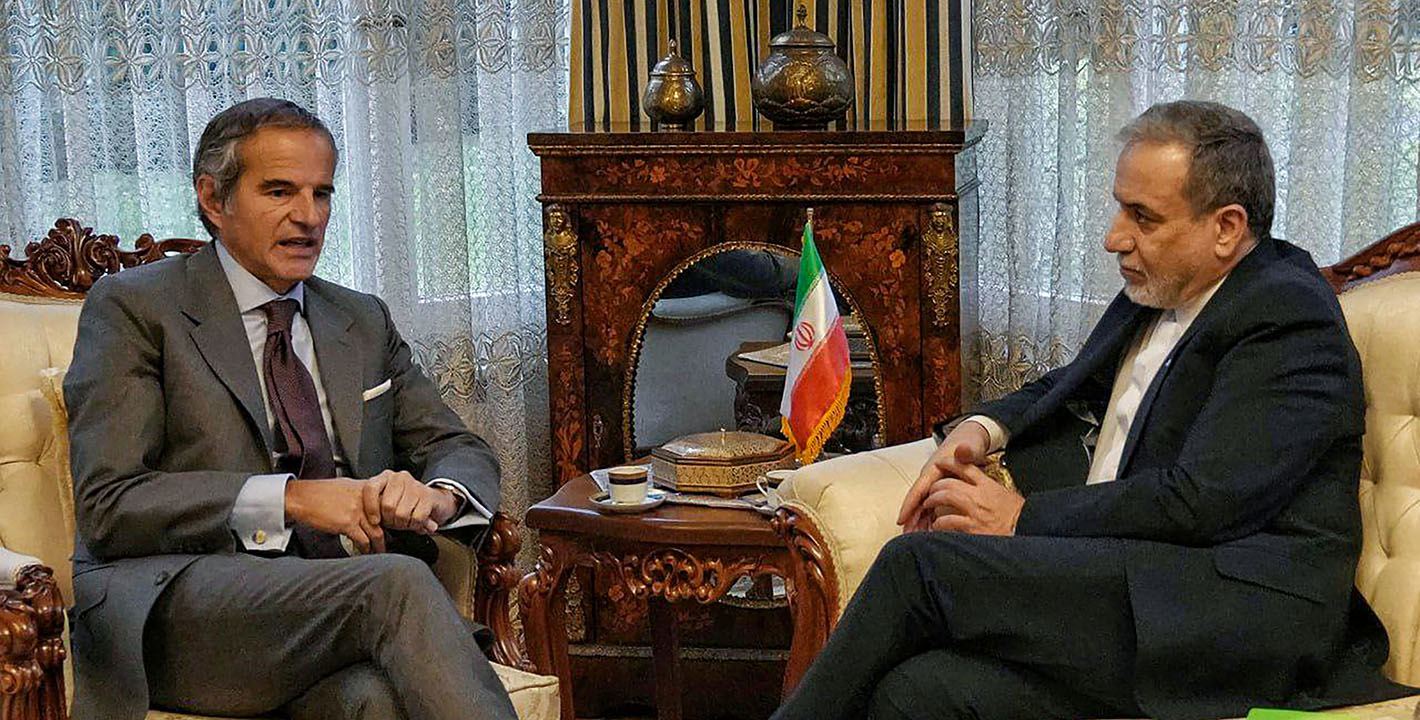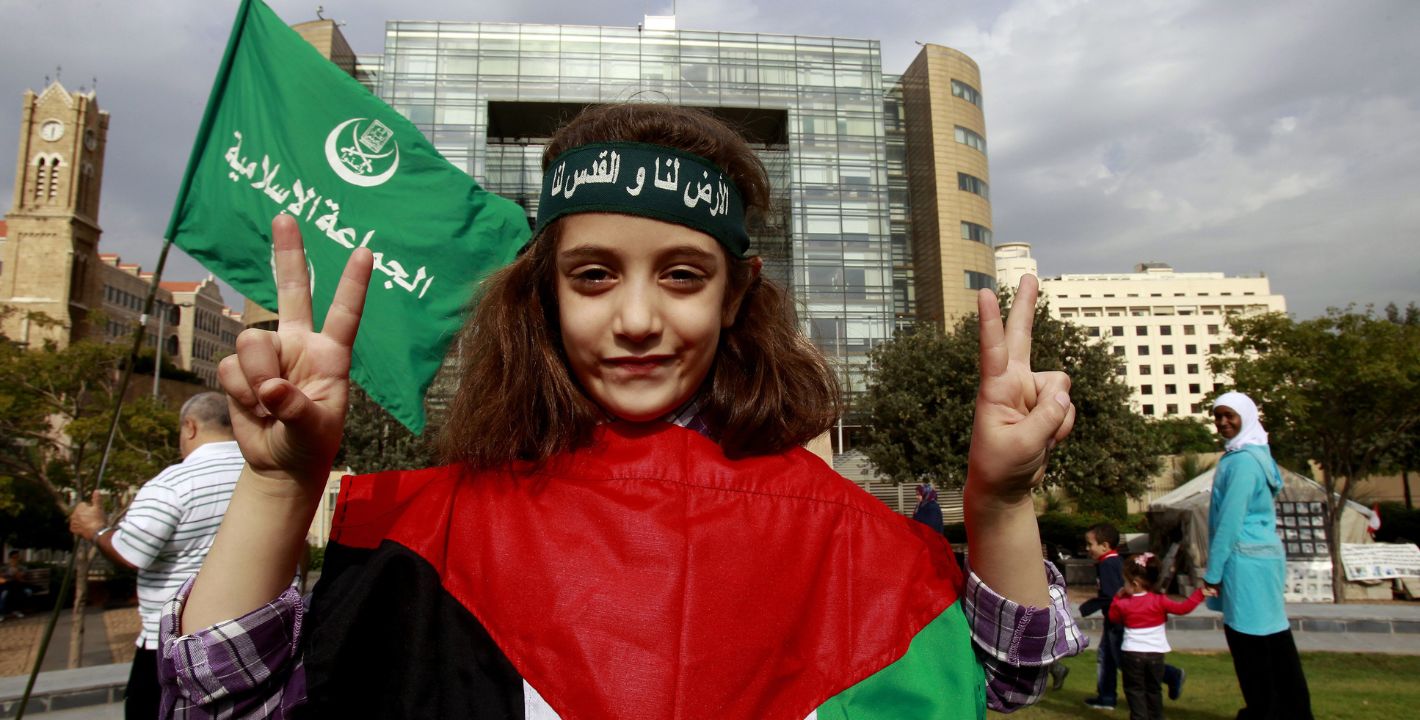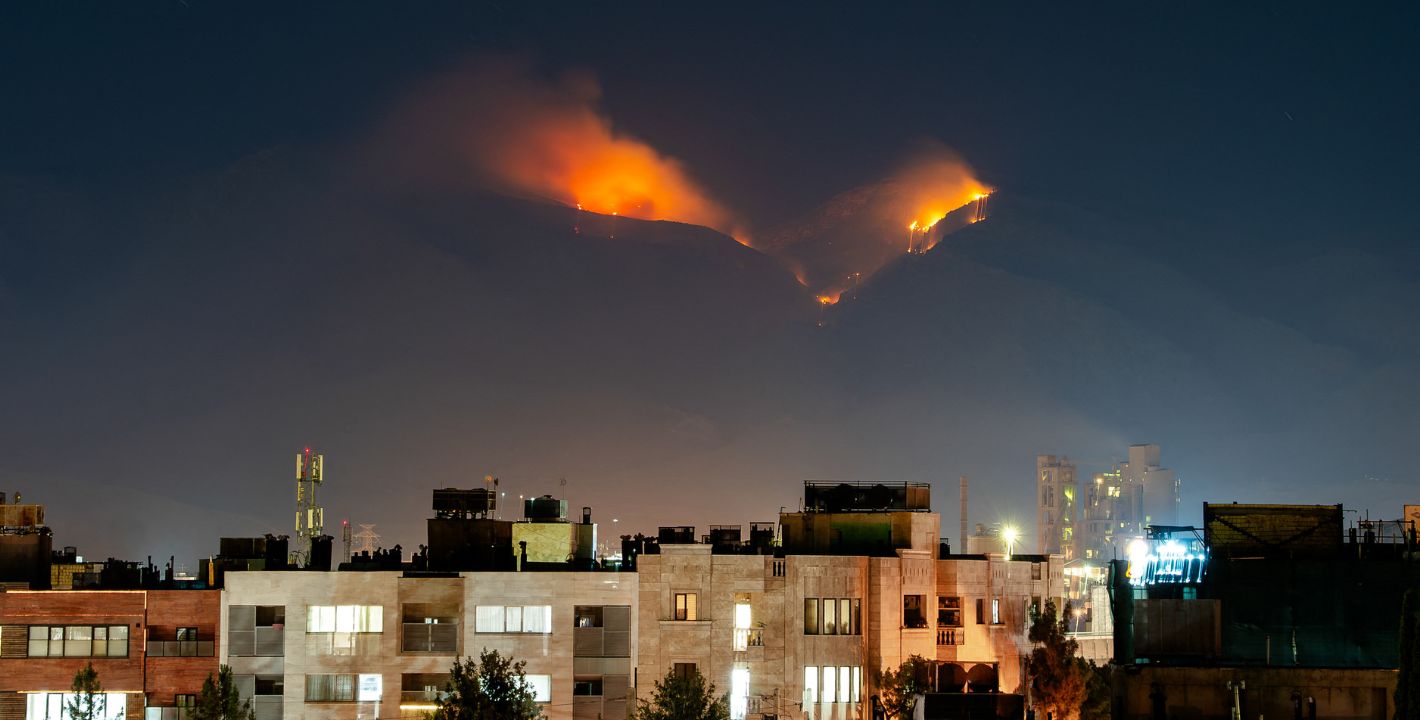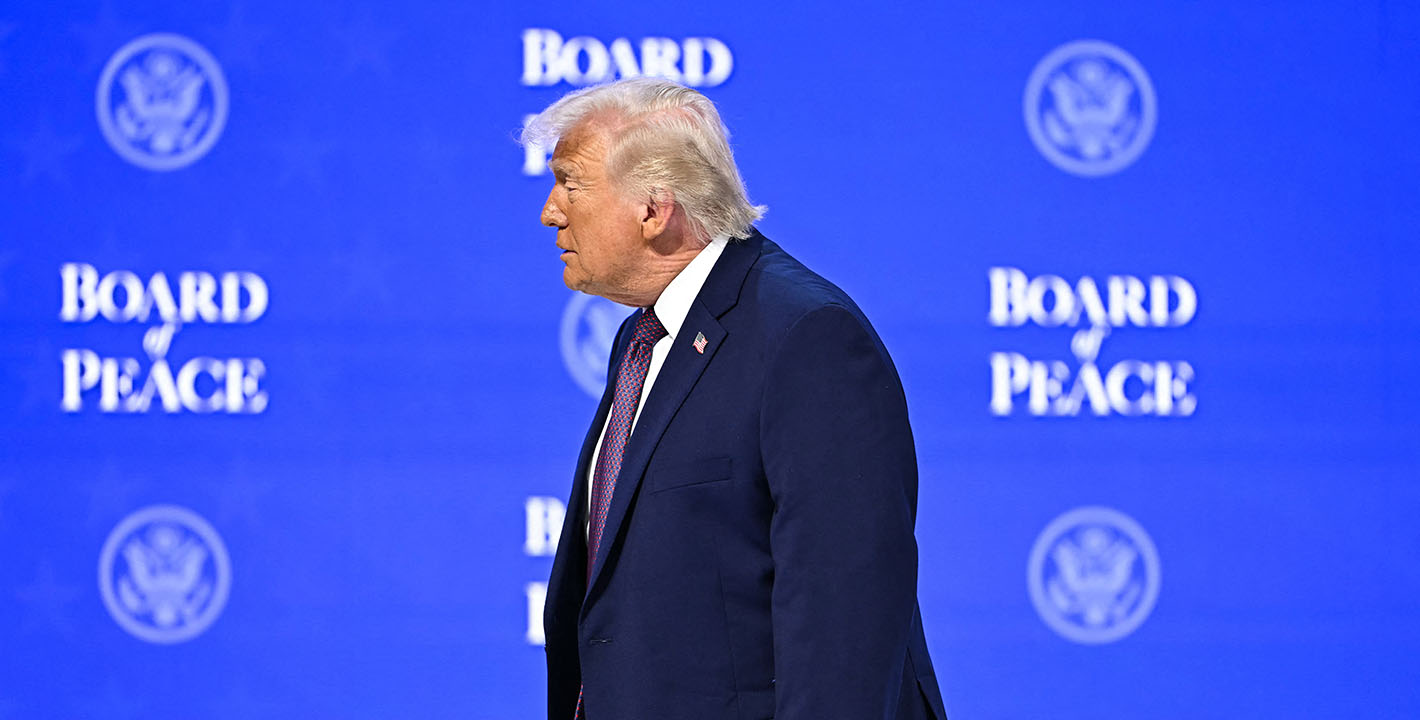Joseph Bahout
{
"authors": [
"Joseph Bahout"
],
"type": "commentary",
"blog": "Diwan",
"centerAffiliationAll": "dc",
"centers": [
"Carnegie Endowment for International Peace",
"Malcolm H. Kerr Carnegie Middle East Center"
],
"collections": [],
"englishNewsletterAll": "menaTransitions",
"nonEnglishNewsletterAll": "",
"primaryCenter": "Carnegie Endowment for International Peace",
"programAffiliation": "MEP",
"programs": [
"Middle East"
],
"projects": [],
"regions": [
"Middle East",
"Saudi Arabia",
"Gulf",
"United States"
],
"topics": [
"Political Reform"
]
}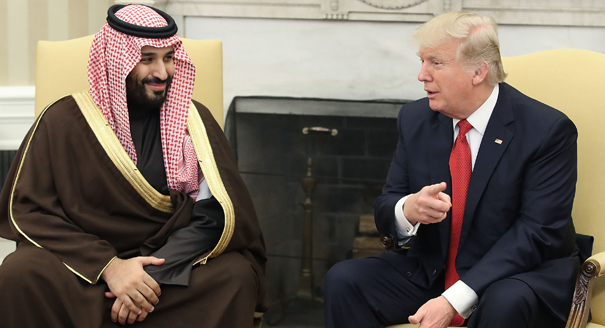
Source: Getty
Rising Son
Recent royal decrees in Saudi Arabia seemed to pave the way for the advent of Mohammed bin Salman.
On April 22, a large number of royal decrees were promulgated by Saudi King Salman bin Abdel Aziz. The formal occasion for this unexpected decision was the reestablishment of financial allowances for members of the civil service and military that were initially reduced as part of “Saudi Vision 2030,” the kingdom’s ambitious economic reform plan.
A closer look at the cascade of decrees, however, allowed for another interpretation of what had happened. Behind the resumption of the allowances, appointments were made to very sensitive posts, mainly in the diplomatic and national security fields as well as in regional governorships. Overall, these appointments created the impression that a soft coup had taken place, one aimed at accelerating the royal succession process and facilitating Deputy Crown Prince and Defense Minister Mohammed bin Salman’s path to the throne.
The most striking appointment was that of Prince Khaled, King Salman’s youngest son, as ambassador to the United States. Aside from the fact that this was the first time a Saudi monarch had appointed his son ambassador, the move revealed a desire by King Salman to open a personal and direct link with Washington and President Donald Trump’s inner circle there.
Prince Khaled is also the younger full brother of Mohammed bin Salman, who is in the midst of a succession struggle with the crown price, Prince Mohammed bin Nayef, the kingdom’s interior minister. Thus, the new ambassador’s role will be to act as his brother’s channel to the Trump administration, giving him a decisive edge in the race for succession. As defense minister, Mohammed bin Salman has sought to become the defense and intelligence counterpart of the Americans in the Gulf, at least on par with Mohammed bin Nayef and his own mentor, Prince Mohammed bin Zayed of the United Arab Emirates.
At 28, Prince Khaled is a very young ambassador, rare in diplomatic appointments. But he is also an air force pilot trained in the United States, has participated in coalition airstrikes against the Islamic State, and recently enrolled in Georgetown University in Washington. He is expected to project an image of renewal aimed at gradually transforming the public image of Saudi Arabia in the United States, something the kingdom’s diplomacy has so far failed to do. Both his age and family ties will probably facilitate his relationship with those closest to Trump—including his sons, daughter, and, more importantly, his influential son-in-law Jared Kushner. King Salman and his sons may be seeking to replicate the close ties between the former Saudi ambassador Prince Bandar bin Sultan and the Bush family.
Other appointments by King Salman could be seen as a way of balancing that of Prince Khaled. Another of the king’s sons, Prince Abdel Aziz, an elder half-brother of Prince Mohammed from a Sudayri mother, was named minister of state for energy. The sector is largely controlled by the deputy crown prince through the Council of Economic and Development Affairs that he heads. However, the appointment could serve to reinforce relations within King Salman’s branch of the royal family and quell what members of the royal family have privately described as the turmoil caused by the rapid rise of his preferred son, which sidelined his elder siblings.
A third appointment, one with a more direct impact on the succession question, was that of Prince Ahmed bin Fahd bin Salman, Mohammed bin Salman’s nephew, as deputy governor of the oil-rich Eastern Province. The province’s governor is none other than Prince Saud bin Nayef, Mohammed bin Nayef’s brother. This move could be read as an effort by King Salman and his children to further encircle the crown prince and his family in the state hierarchy.
Other decrees brought change in the national-security apparatus. A career professional was removed as head of the Saudi army, to be replaced by a member of the royal family, namely his deputy, Prince Fahad bin Turki. General Ahmad Assiri, a senior advisor to Prince Mohammed at the Ministry of Defense and spokesman for the coalition fighting the Houthis in Yemen, was named as the number-two man in the General Intelligence Directorate. His nomination seemed to be a reward for someone who has embodied a war now increasingly perceived as Prince Mohammed’s Achilles’ heel, even in the circles of the royal family.
Another close aide to the deputy crown prince, Mohammed Ghoufayli, was appointed head of the National Security Council, an interagency structure created by Prince Bandar but that had been put on hold since 2015. Of all security nominations, this once could well be the hardest blow to Mohammed bin Nayef, at least as interior minister. The body could encroach on the crown prince’s domain in addressing counterterrorism and radicalization issues, while directly reporting to the Royal Court controlled by Mohammed bin Salman.
Besides representing a stunning push for Mohammed bin Salman, the royal decrees also promoted a younger generation, both in the royal family and the state apparatus. This new generation’s loyalty is by all accounts to the rising prince. Moreover, by reestablishing the allowances, the king effectively sought to repair his son’s tarnished popularity, since the reform program he promoted was behind the ending of those allowances. It was an act of benevolence to accompany the new faces in power, aimed at assuaging a large segment of a Saudi society over which Mohammed bin Salman may well soon rule.
About the Author

Former Nonresident Fellow, Middle East Program
Joseph Bahout was a nonresident fellow in Carnegie’s Middle East Program. His research focuses on political developments in Lebanon and Syria, regional spillover from the Syrian crisis, and identity politics across the region.
- In Between Life and DeathCommentary
- Donald Trump Has Announced a U.S. Withdrawal From Northeastern SyriaCommentary
Joseph Bahout
Recent Work
Carnegie does not take institutional positions on public policy issues; the views represented herein are those of the author(s) and do not necessarily reflect the views of Carnegie, its staff, or its trustees.
More Work from Diwan
- Axis of Resistance or Suicide?Commentary
As Iran defends its interests in the region and its regime’s survival, it may push Hezbollah into the abyss.
Michael Young
- U.S. Aims in Iran Extend Beyond Nuclear IssuesCommentary
Because of this, the costs and risks of an attack merit far more public scrutiny than they are receiving.
Nicole Grajewski
- The Jamaa al-Islamiyya at a CrossroadsCommentary
The organization is under U.S. sanctions, caught between a need to change and a refusal to do so.
Mohamad Fawaz
- Iran and the New Geopolitical MomentCommentary
A coalition of states is seeking to avert a U.S. attack, and Israel is in the forefront of their mind.
Michael Young
- All or Nothing in GazaCommentary
Implementing Phase 2 of Trump’s plan for the territory only makes sense if all in Phase 1 is implemented.
Yezid Sayigh



